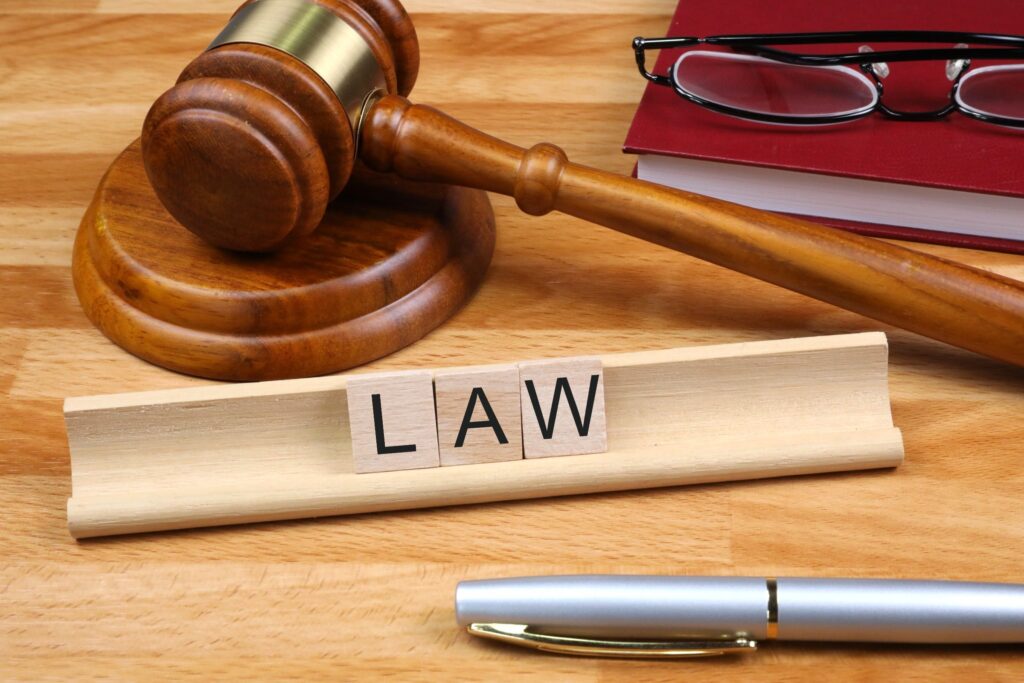Dealing with debt can be a stressful and overwhelming experience, but when debt collectors cross the line into harassment, it can become unbearable. While it’s their job to recover unpaid debt, some collectors use aggressive, illegal, and unethical tactics to intimidate and pressure you into paying. Fortunately, there are expert strategies you can use to resolve debt collection harassment and regain control of your financial situation.
In this guide, we’ll explore what constitutes debt collection harassment, your legal protections, and the expert steps you can take to stop it.
1. What is Debt Collection Harassment?
Debt collection harassment occurs when a debt collector uses aggressive, threatening, or illegal tactics to pressure you into repaying a debt. While it’s legal for collectors to contact you about unpaid debts, they must follow strict rules outlined by laws like the Fair Debt Collection Practices Act (FDCPA) in the United States.
Common examples of debt collection harassment include:
- Excessive Calls: Debt collectors making repeated calls, sometimes multiple times a day, especially after you’ve asked them to stop.
- Threatening Behavior: Use of abusive language, threats of violence, arrest, or legal action that isn’t warranted.
- False Information: Misleading claims about the debt, such as inflating the amount owed or falsely stating that legal action is underway.
- Public Disclosure: Illegally discussing your debt with family, friends, or employers in an attempt to embarrass or shame you into paying.
Recognizing when a debt collector has crossed the line into harassment is essential. While they can pursue the debt, they must adhere to laws designed to protect you from abusive practices.
2. Legal Protections Against Harassment
The Fair Debt Collection Practices Act (FDCPA) in the U.S. is a key law that protects consumers from debt collection harassment. Under this law, debt collectors are prohibited from engaging in abusive, deceptive, or unfair practices. Key protections include:
- Limited Contact Hours: Collectors cannot contact you before 8 a.m. or after 9 p.m. unless you give them permission.
- No Harassment or Abuse: They are forbidden from using threats, profane language, or repeated calls designed to harass or intimidate.
- Dispute Rights: You have the right to dispute the debt and request verification in writing. Collectors must provide proof of the debt within 30 days.
- No Contact with Third Parties: Collectors are not allowed to discuss your debt with third parties, except in specific cases like locating you.
If a debt collector violates these laws, you can file a complaint with agencies like the Consumer Financial Protection Bureau (CFPB) or take legal action to protect your rights.
3. Expert Steps for Resolving Debt Collection Harassment
Now that you understand what constitutes debt collection harassment, let’s dive into the expert steps for addressing it:
- Document Every Interaction The first step in resolving harassment is to document every interaction with the debt collector. Keep a log of all phone calls, emails, letters, and messages, noting the time, date, and content of the communication. This documentation will be invaluable if you need to file a complaint or take legal action.
- Request Debt Validation If you’re unsure whether the debt is legitimate or if the amount seems incorrect, request written validation from the collector. They are legally required to provide proof of the debt. This step buys you time and can halt collection efforts until the debt is validated.
- Send a Cease and Desist Letter If the collector’s behavior becomes abusive, send a written cease and desist letter via certified mail, requesting that they stop contacting you. Once they receive this letter, they are only allowed to contact you to confirm they’ll stop contacting you or to notify you of any legal actions.
- File a Complaint If the harassment continues, file a complaint with the CFPB, your state’s attorney general’s office, or another consumer protection agency. These organizations can investigate your claims and take action against the debt collector if they’ve violated the law.
- Seek Legal Advice If the harassment is severe or ongoing, consider consulting a consumer rights attorney. They can help you understand your rights, negotiate with the debt collector on your behalf, or file a lawsuit if necessary. In some cases, you may be entitled to damages for emotional distress or other harm caused by the harassment.
4. Preventing Future Harassment
To prevent future harassment, take proactive steps to manage your debts:
- Communicate Clearly: Keep communication with collectors in writing whenever possible, and make sure you clearly state your requests and disputes.
- Work with a Credit Counselor: A financial counselor can help you manage your debts and create a plan to repay them in a manageable way.
- Monitor Your Credit Report: Regularly check your credit report to ensure there are no errors or fraudulent debts that could lead to collections.



